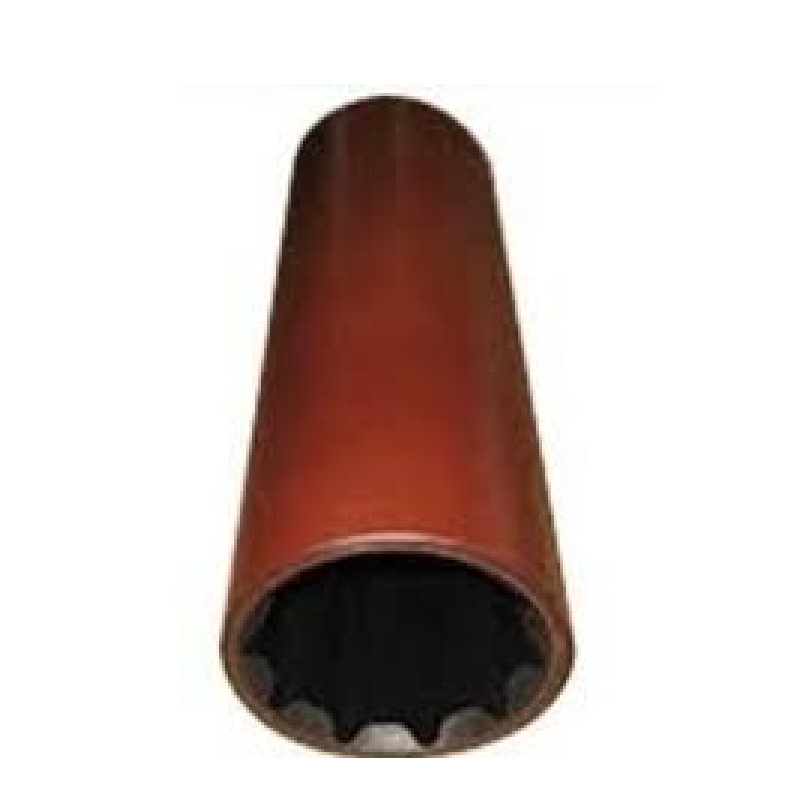Oil Seal Washer for Enhanced Performance and Leak Prevention in Machinery
Understanding Oil Plug Washers Importance and Usage
An oil plug washer is a small but vital component commonly found in vehicles and machinery, focusing primarily on ensuring a leak-free connection at the oil plug fitting. While often overlooked, its significance is paramount in maintaining optimal performance and longevity of engine systems. In this article, we will delve deeper into what oil plug washers are, their functions, types, and tips on maintenance and replacement.
What is an Oil Plug Washer?
An oil plug washer is typically a circular, flat piece made from various materials, such as rubber, copper, or aluminum. It is located between the oil drain plug and the oil pan of an engine or other machinery. Its primary purpose is to provide a sealing surface that prevents engine oil from leaking out once the drain plug is secured. Without a proper seal, not only would oil seep out, but contaminants could also enter the oil system, causing significant damage over time.
Functions of an Oil Plug Washer
1. Sealing The primary function of the washer is to seal the connection between the drain plug and the oil pan. By doing so, it prevents the escape of oil, which can lead to low oil levels and increased wear on engine components.
2. Vibration Absorption Engines are prone to vibrations while operating. An oil plug washer helps in absorbing some of these vibrations, maintaining a tighter seal over time.
3. Corrosion Resistance Depending on the material, oil plug washers can provide a barrier against corrosion. Metal washers can corrode when in contact with oil over time, which can degrade their effectiveness. Hence, choosing the right material is essential.
Types of Oil Plug Washers
Oil plug washers come in various types based on material and design
1. Rubber Washers These are commonly used due to their excellent sealing properties and flexibility. They fit snugly around the oil plug, creating a reliable seal.
oil plug washer

2. Copper Washers Copper offers good thermal conductivity and is often used in high-temperature applications. It can be deformed slightly to fit better, creating a tighter seal.
3. Aluminum Washers Lightweight and resistant to corrosion, aluminum washers are also a popular option. They provide a dependable seal but require careful handling to prevent stripping.
4. Plastic Washers These are less common but are useful in specific applications where corrosion is a concern.
Maintenance and Replacement Tips
Maintaining the integrity of your oil plug washer is crucial for the efficiency of your engine. Here are some tips for ensuring its proper function
1. Regular Inspection During regular oil changes, inspect the washer for wear, cracking, or other signs of damage. If you notice any deterioration, it’s time for a replacement.
2. Replacement during Service It’s advisable to replace the oil plug washer every time you change your oil. This ensures that you have a new, effective seal.
3. Proper Torque Settings When reattaching the drain plug, make sure to use the manufacturer’s specified torque settings. Over-tightening can deform the washer, leading to leaks.
4. Use the Right Material Always choose the appropriate washer type for your vehicle or machine. Consult your vehicle’s manual or a trusted mechanic if uncertain.
Conclusion
Oil plug washers may be small components, but their role in an engine’s proper functioning is significant. Understanding their purpose, materials, and maintenance can save vehicle owners considerable time and money by preventing costly leaks and potential engine damage. Keep an eye on this frequently overlooked part during routine maintenance, and ensure that your machinery or vehicle runs smoothly and efficiently. Always remember a little prevention can go a long way in safeguarding your engine’s health.
-
Simplifying Oil Changes: A Comprehensive Guide to Oil Drain Plugs and Their Variants
News Aug.04,2025
-
Mastering Oil Drain Maintenance: Solutions for Stripped, Worn, and Upgraded Oil Plugs
News Aug.04,2025
-
Fixing Oil Pan Plug Issues: Leaks, Stripped Nuts, and the Right Replacement Solutions
News Aug.04,2025
-
Everything You Need to Know About Oil Drain Plugs: Sizes, Fixes, and Upgrades
News Aug.04,2025
-
Choosing the Right Oil Drain Plug: A Guide to Sizes, Materials, and Drain Innovations
News Aug.04,2025
-
A Complete Guide to Automotive Drain Plugs: Types, Problems, and Innovative Solutions
News Aug.04,2025
-
The Ultimate Guide to Car Repair Kits: Tools and Essentials Every Driver Should Own
News Aug.01,2025
Products categories















